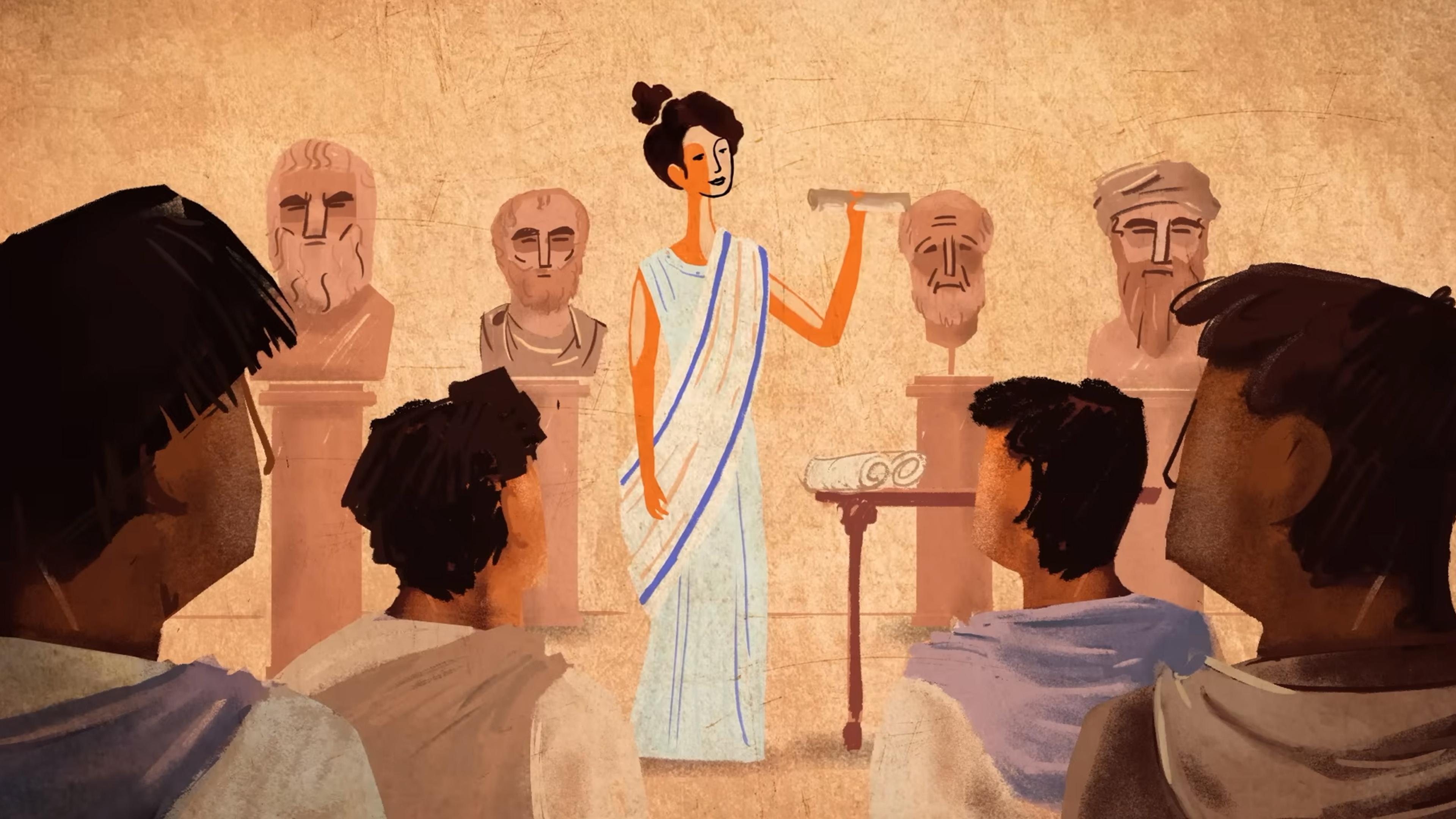Credit: Jocelyn Bell Burnell
Credit: Jocelyn Bell Burnell
Jocelyn Bell discovered pulsars. The Nobel Prize went to her supervisor
Fascinated by radio astronomy from a young age, the Northern Irish astrophysicist Jocelyn Bell was a graduate student at the University of Cambridge when in 1967 she made the first two recorded observations of pulsars – compact, electromagnetic radiation-emitting neutron stars that, until Bell’s discovery, were only theoretical. The news was almost instantly recognised as one of the most important astrophysics breakthroughs of the century. However, as this short film from the Canadian director Ben Proudfoot explores, Bell faced extraordinary obstacles and scepticism, even after the discovery that would make her one of the UK’s most recognisable scientists. With a kinetic editing style, Proudfoot’s film deftly chronicles how Bell’s colleagues, the media and scientific institutions undermined what, for a male scientist, would have been a career-making breakthrough.
Director: Ben Proudfoot
Producers: Elizabeth Brooke, Abby Lynn Kang Davis, Gabriel Berk Godoi, Brandon Somerhalder, Sarah Stewart

video
Animals and humans
Why be dragons? How massive, reptilian beasts entered our collective imagination
58 minutes

video
Rituals and celebrations
Flirtation, negotiation and vodka – or how to couple up in 1950s rural Poland
5 minutes

video
Technology and the self
In the town once named Asbestos, locals ponder the voids industry left in its wake
16 minutes

video
Biology
How the world’s richest reds are derived from an innocuous Mexican insect
5 minutes

video
Cities
A lush, whirlwind tribute to the diversity of life in a northern English county
3 minutes

video
Physics
The abyss at the edge of human understanding – a voyage into a black hole
4 minutes

video
Film and visual culture
‘Bags here are rarely innocent’ – how filmmakers work around censorship in Iran
8 minutes

video
Language and linguistics
Closed captions suck. Here’s one artist’s inventive project to make them better
8 minutes

video
Thinkers and theories
A rare female scholar of the Roman Empire, Hypatia lived and died as a secular voice
5 minutes